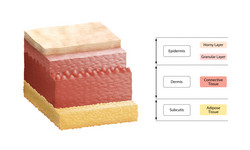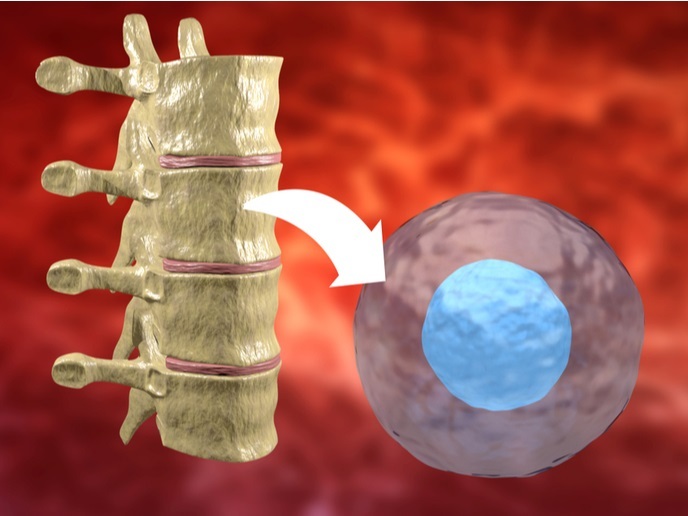Adipose tissue - the answer to metabolic diseases
White adipose tissue (WAT) plays a fundamental role in whole body homeostasis by storing the majority of the energy produced in the organism. WAT shows great plasticity as its mass can vary considerably according to the metabolic and nutritional status of the individual. High in obesity, WAT development relies on the recruitment and proliferation of adipocyte progenitors also known as adipose-derived stromal/stem cells (ASC). ASCs have a dual multipotent differentiation and supporting capacity in the adipose tissue that renders them important candidates for regenerative and therapeutic purposes. As a result, scientists on the EU-funded METABOSTEM (Metabolic control of immature stromal cell biology) study set out to investigate the intrinsic mechanisms that govern ASC plasticity and fate. Special emphasis was given on the role of metabolism on ASC biology. Researchers discovered that lactate, a metabolite perceived for a long time as a waste product of glycolytic metabolism, constitutes a key signal in ASC biology. Using molecular and pharmacological approaches, they showed that lactate alters the intracellular redox state and promotes ASC differentiation into a brown adipocyte phenotype. In addition, lactate leads to a specific secretion profile in ASC, which could strongly influence the biology of surrounding cells. Brown adipocyte cells express the mitochondrial protein UCP1 and dissipate energy as heat. As a result, activation of these oxidative cells has been proposed for the therapeutic treatment of metabolic diseases. Considering the crucial role of adipocytes in obesity, the findings of the METABOSTEM project have important health and socioeconomic implications. Furthermore, they could form the basis for future scientific studies on mesenchymal stem cells from other tissues and their therapeutic exploitation.







